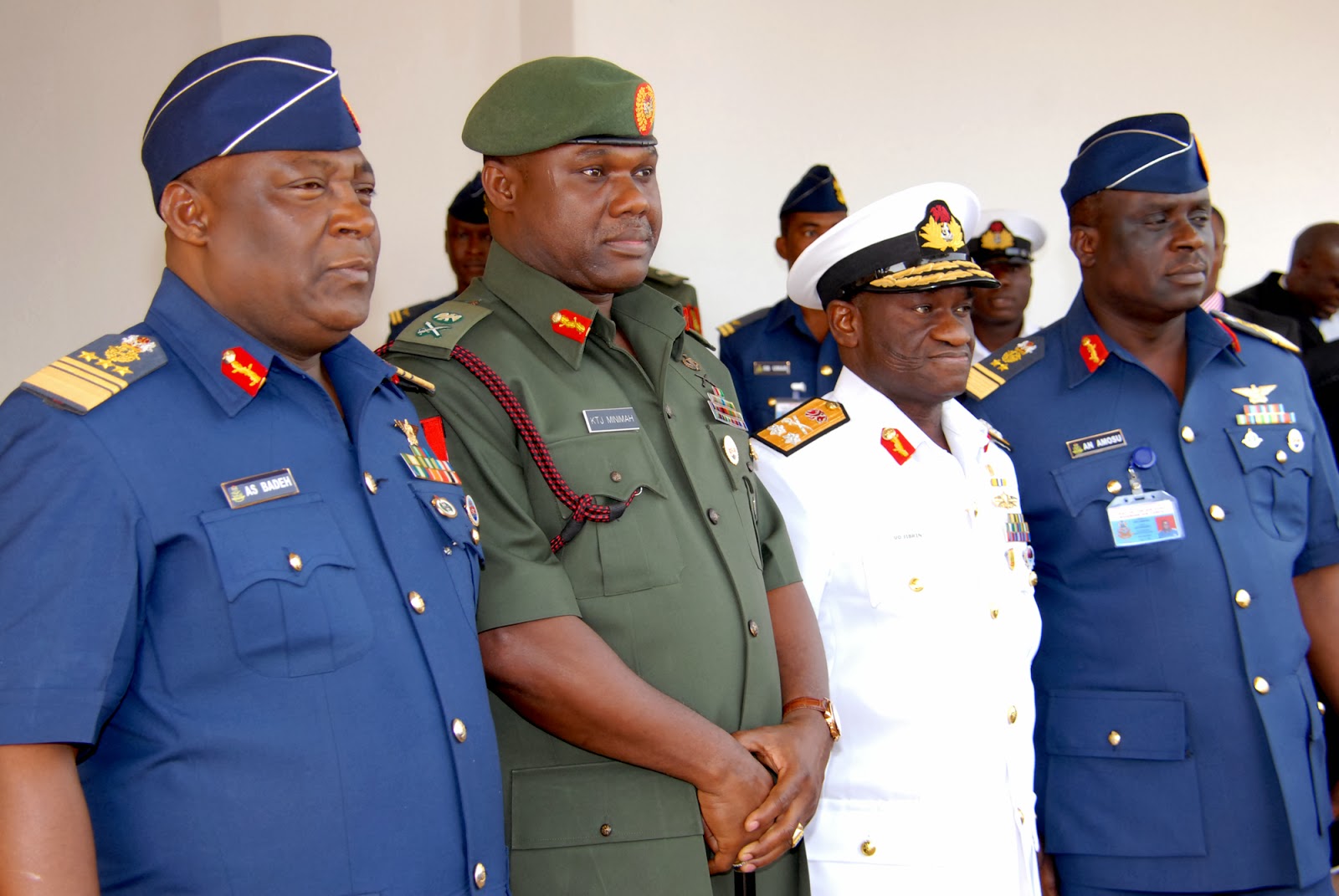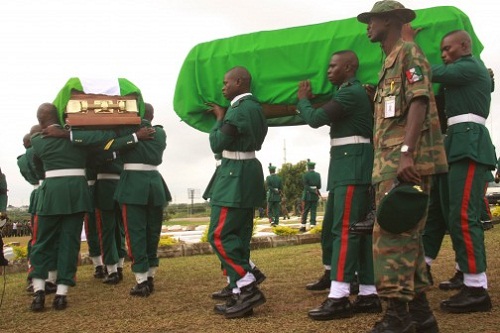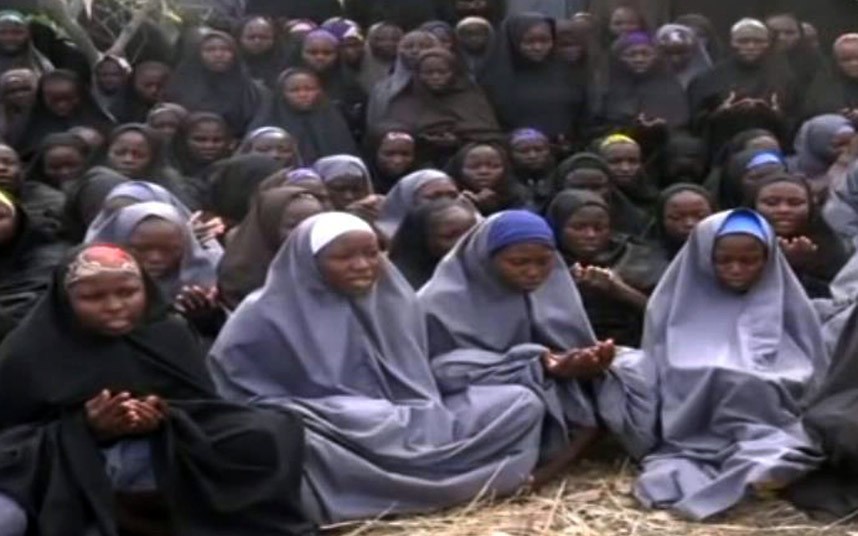Human rights group, Amnesty International, has alleged that the Nigerian military had advance warning over the April 15 Chibok attack but did not act to prevent the abduction of hundreds of school girls.
Information Minister Labaran Maku has denied the claim, saying the military would have reacted if such information was passed on to them.
However, this is not the first time an allegation of this nature is being made against the military.
In February this year when 59 students of Federal Government College, Buni Yadi, Yobe State, were killed by the Boko Haram insurgents, there were unconfirmed reports that the military knew about the attack but failed to act.
Advertisement
The militants also kidnapped 16 girls from the school, but this did not generate any public outrage, unlike the Chibok mass abduction.
There are fears that these abductions have been going on for a long while but remained largely unreported because of the remoteness of some of the villages in the north-east, with little or no access to telephones.
In the Yobe case, it was reported that on learning that the insurgents were approaching, the soldiers were instructed to abandon their checkpoints. This claim has been denied by the authorities.
Advertisement
Governor Kashim Shettima of Borno State has been raising the alarm that the militants are better equipped and better motivated than Nigerian soldiers but this has often been refuted by the federal government.
President Goodluck Jonathan, reacting to Shettima, said if he withdrew soldiers from Maiduguri for one month, the governor would not be able to stay in the government house.
Governor Ibrahim Gaidam of Yobe State made a similar observation last year on the inability of the soldiers to confront the militants.
The increasing body of evidence seems to suggest that the insurgents possess superior firepower, although the military has said it has the capacity to confront them.
Advertisement
Amnesty’s latest allegation is that it was told by credible sources that the military had more than four hours’ warning before the militants struck.
Amnesty said it was told by several people that the military was informed.
It said a local official was contacted by herdsmen who said that armed men had asked them where the Government Girls’ Secondary School was located in Chibok.
Despite the warning, “reinforcements were not sent to help protect the town in the remote area, which was attacked at around midnight”.
Advertisement
One reason, the group said, was a “reported fear of engaging with the often better-equipped armed groups”.
It said the “small contingent of security forces based in the town – 17 army personnel as well as local police – attempted to repel the Boko Haram assault but were overpowered and forced to retreat. One soldier reportedly died”.
Advertisement
Here are excerpts from the Amnesty report:
One local official who was contacted by Gagilam residents told Amnesty:
Advertisement
“At around 10:00 PM on 14 April, I called [several] security officers to inform them about earlier information I had received from the vigilantes in Gagilam village. They had told us that strange people had arrived in their village that evening on motorbikes and they said they were heading to Chibok. I made several other calls, including to Maiduguri. I was promised by the security people that reinforcement were on their way.”
Another local official was contacted by herdsmen who said that armed men had asked where the Government Girls Secondary School was located in Chibok.
Advertisement
At around 11:45 PM, a convoy reportedly numbering up to 200 armed Boko Haram fighters – on motorbikes and in trucks – arrived in Chibok town and engaged in a gunfight with a small number of police and soldiers based there. Outnumbered and outgunned, the security forces eventually fled in the small hours of 15 April. Some of the Boko Haram fighters proceeded to the Government Girls Secondary School and abducted more than 240 schoolgirls.
Two senior officers in Nigeria’s armed forces confirmed that the military was aware of the planned attack even prior to the calls received from local officials. One officer said the commander was unable to mobilize reinforcements. He described to Amnesty the difficulties faced by frontline soldiers in north-eastern Nigeria:
“There’s a lot of frustration, exhaustion and fatigue among officers and [troops] based in the hotspots…many soldiers are afraid to go to the battle fronts.”
Amnesty said its requests for a reaction from the military headquarters in Abuja went “unanswered”.
Add a comment





